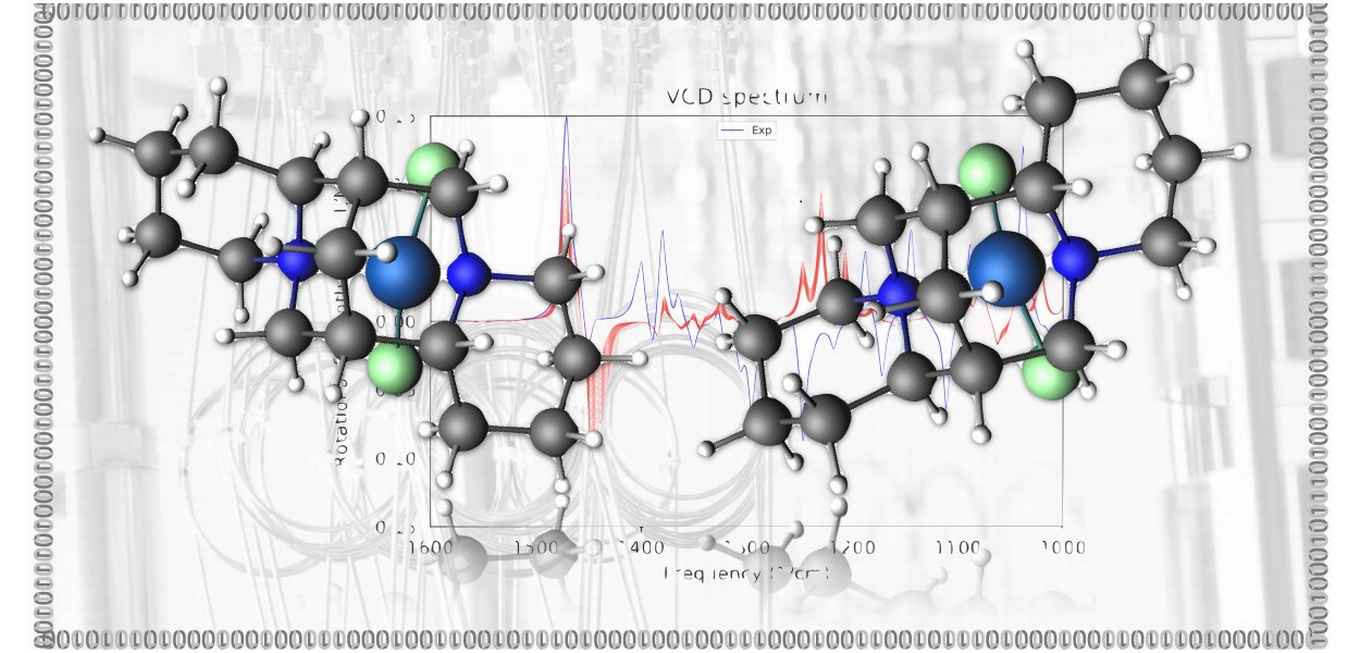Quantum technology grant for modelling molecular mirror images
22 December 2022

The new Dutch quantum supercomputer will be put to the task of determining the correct molecular mirror image. Just like with people, we have that the mirror image of a molecule looks almost identical but still is crucially different: Imagine putting your right hand in a left-hand glove! For molecules this may imply the difference between an effective drug and a potentially dangerous substance. The researchers in this project aim to develop a combination of measurement and quantum simulations which can unambiguously determine whether we have the desired molecule and not its mirror image.
Visscher leads the modelling work, Buma the experimental validation. As Visscher explains: ''The molecules are subjected to a thorough experimental characterization, which produces a unique ‘molecular signature’. We then use the supercomputer to calculate all possible signatures and compare those with the measured signature, to find the best match''.
The Dutch quantum supercomputer is located in Delft and is shared with other researchers in the Quantum Delta. The researchers will also use powerful supercomputers elsewhere in the world.
Key technology
Quantum technology is a key technology that can provide answers to many unsolved societal challenges. The central government is putting 615 million euros into this pioneering technology. Of this, within the Quantum Technology programme, a total of 42 million euros has been set aside for scientific research and innovation, over a duration of seven years. The programme is organised by the Dutch Research Council NWO in collaboration with Quantum Delta NL.
See also
- Sixteen awards in NGF Quantum Technology programme
- Research group Molecular Photonics (Wybren Jan Buma, UvA)
- Research group Theoretical Chemistry (Luuk Visscher, VU)
- Quantum Delta NL
- Quantum Inspire supercomputer